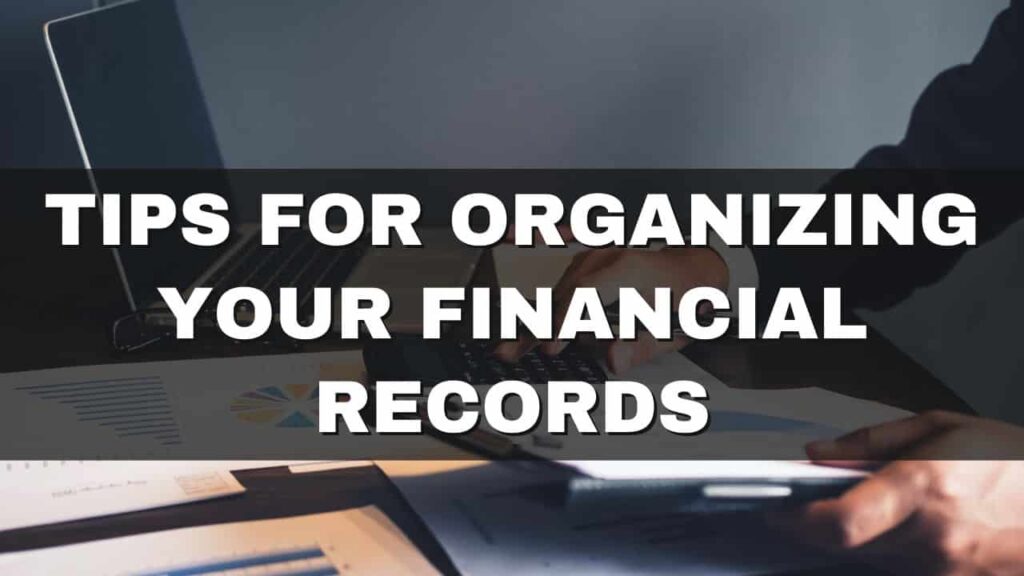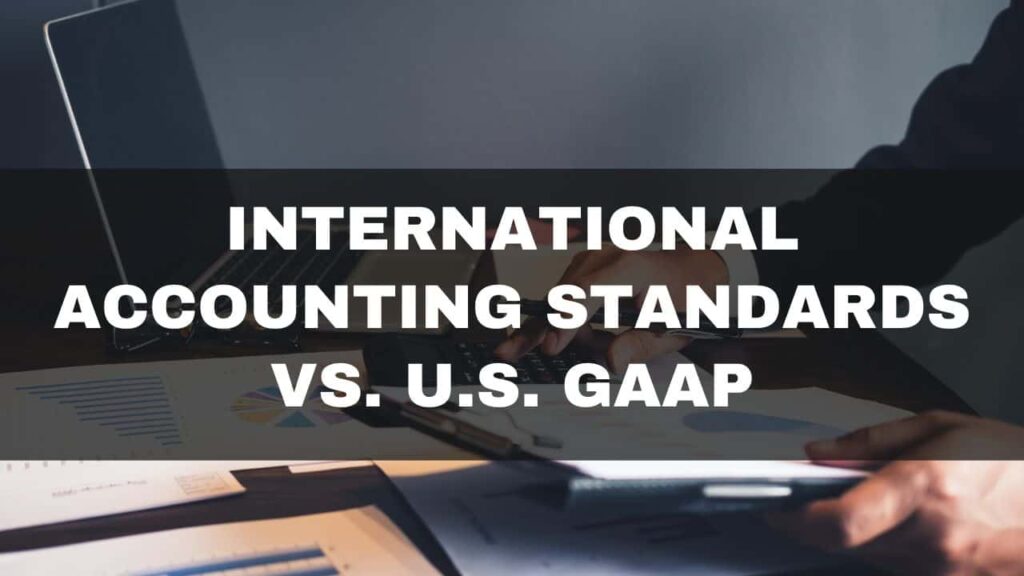Tips for Organizing Your Financial Records
Managing your financial records is a crucial aspect of running a successful business. It not only ensures compliance with tax regulations but also provides valuable insights into your business’s financial health. In this blog post, we’ll share practical tips on how to efficiently organize your financial records, helping you stay organized, make informed decisions, and save time during tax season.
1. Set Up a Dedicated Space
Designate a specific area or filing system exclusively for your financial records. This could be a physical filing cabinet or a secure digital storage solution. Having a dedicated space makes it easier to locate documents when needed.
2. Use a Consistent Naming Convention
Whether in physical or digital form, adopting a standardized naming convention for your documents is crucial. Clearly label files with relevant information such as date, description, and type of document. This practice simplifies searches and ensures easy retrieval.
3. Implement a Regular Schedule for Recordkeeping
Establish a routine for recording financial transactions. This could be daily, weekly, or monthly, depending on your business’s volume of activity. Consistency in recordkeeping minimizes the risk of missing crucial information.
4. Separate Personal and Business Finances
Keep personal and business finances distinct. Maintain separate bank accounts and credit cards for your business to avoid confusion. This separation not only simplifies recordkeeping but also ensures accurate financial reporting.
5. Digitize Documents for Easy Access
Consider scanning physical documents and storing them digitally. Cloud-based solutions offer secure storage and easy access from anywhere. This also serves as a backup in case of physical document loss or damage.
6. Categorize Expenses Properly
Create clear categories for different types of expenses, such as office supplies, utilities, or travel. Software tools like accounting software or spreadsheet templates can help automate this process, saving you time and reducing the risk of errors.
7. Keep Track of Receipts
Maintain a system for organizing receipts, whether physical or digital. Store them by category and date to facilitate easy retrieval during tax preparation or in case of an audit.
8. Maintain an Up-to-Date Profit and Loss Statement
Regularly update and review your profit and loss statement. This provides a clear overview of your business’s financial performance and allows you to identify areas for improvement.
9. Secure Sensitive Information
Take precautions to protect sensitive financial information. Use strong, unique passwords for digital accounts, and store physical records in a secure location. Consider using encryption for digital documents containing sensitive data.
10. Back Up Your Financial Data
Regularly back up your financial records to ensure they are safe from unforeseen events like hardware failure or cyberattacks. Utilize secure cloud-based storage or external hard drives for redundancy.
Conclusion:
Efficiently organizing your financial records is a cornerstone of good business management. By following these tips, you’ll not only streamline your recordkeeping process but also gain better control over your finances. This organized approach will not only save you time and effort but also provide you with the accurate information you need to make informed financial decisions. Remember, a well-organized financial system is a key asset for any successful business.
We also have:
Understanding Debits and Credits
What is a Balance Sheet in Accounting
Generally Accepted Accounting Principles (GAAP)
The Role of Accounting in Business Decision Making
For more click here and if you are looking for full forms of different acronyms and words then check out this list you really gonna find this helpful. We also have an Essay on every topic, Check the complete list here. If you are Studying in Matric Free Video Lectures of Maths, Physics and English are here, and we have got you covered for I.COM Business Maths also.







